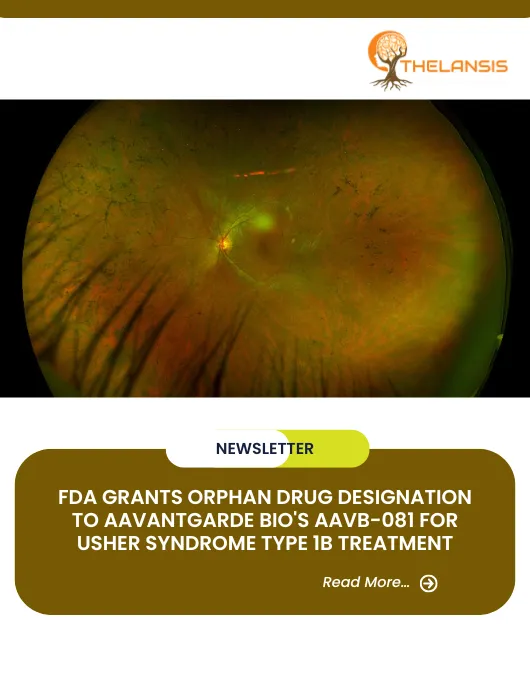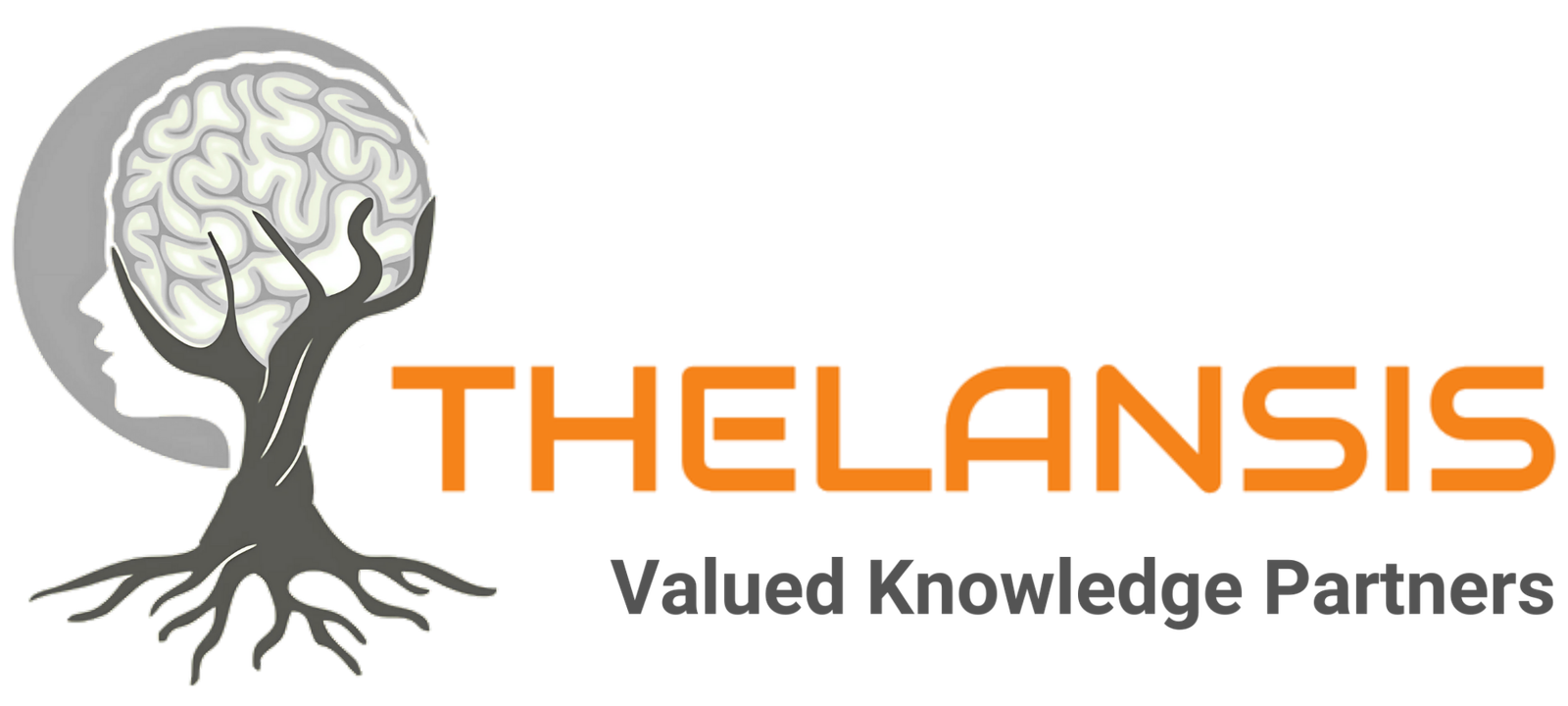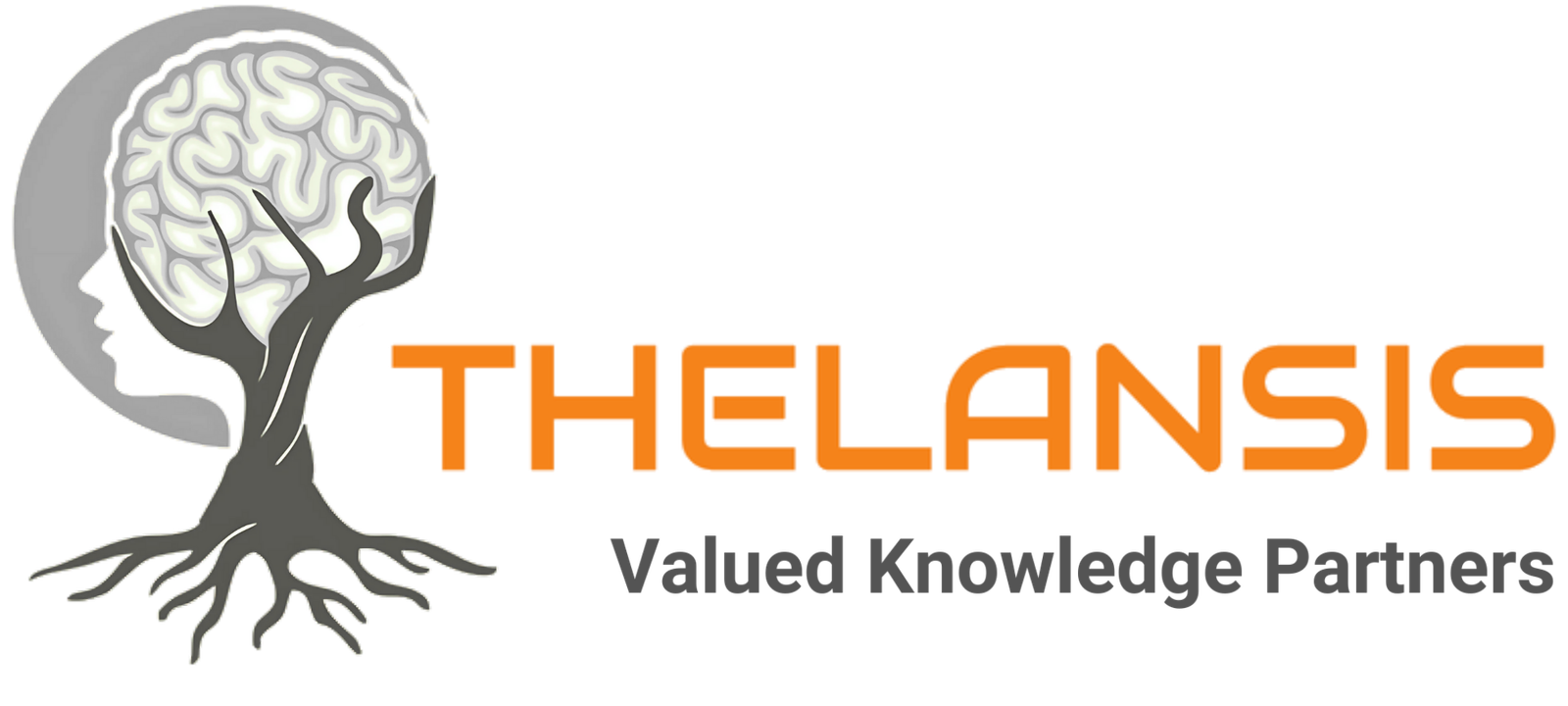
Dec 03 2024
/
FDA Grants Orphan Drug Designation to AAVantgarde Bio’s AAVB-081 for Usher Syndrome Type 1B Treatment
FDA Grants Orphan Drug Designation to AAVantgarde Bio’s AAVB-081 for Usher Syndrome Type 1B Treatment
AAVantgarde Bio (AAVantgarde), a clinical-stage, Italian-based international biotechnology company, has achieved a significant milestone with its innovative gene therapy platform. The U.S. Food and Drug Administration (FDA) has granted Orphan Drug Designation to AAVantgarde’s lead program, AAVB-081, for the treatment of Usher Syndrome Type 1B (USH1B) retinitis pigmentosa. AAVB-081 is an intra-retinal AAV8-based dual hybrid product that targets MYO7A-associated Usher syndrome (USH1B).
Publish Date: 02-12-2024 Source: AAVantgarde Bio
Usher syndrome is a group of inherited disorders characterized by dual sensory impairment of the auditory and visual systems. It is the most common cause of combined sight and hearing loss, accounting for more than half of deaf-blindness cases. Nine causative genes have been identified and confirmed responsible for the syndrome when mutated, including MYO7A, USH1C, CDH23, PCDH15, and USH1G for Usher type 1; USH2A, ADGRV1, and WHRN for Usher type 2; and CLRN1 for Usher type 3. Usher syndrome is clinically and genetically heterogeneous and is divided into three distinct clinical subtypes: Usher 1, Usher 2, and Usher 3. Usher 1 is the most severe subtype, in which patients exhibit severe to profound bilateral congenital sensorineural hearing loss, most frequently non-progressive, with vestibular areflexia. It accounts for approximately 25-44% of all Usher syndrome cases. Usher 2 represents over half of all cases. Sensorineural hearing loss is typically described as sloping, mild to moderate in the low frequencies and severe to profound in the high frequencies. Infants are usually detected through the newborn hearing screen; however, if unavailable, detection can be overlooked till the end of the first decade of life. Usher 3 is rare in most populations, accounting for approximately 2-4% of all cases. The audiovestibular features are the most variable of the Usher subtypes. Hearing loss is the post-lingual onset, usually detected in the first decade of life, although onset can be delayed until adulthood. It is typical of a progressive nature, with audiograms showing high frequencies that are more affected or have a U-shaped configuration.
- The Usher syndrome is the most common cause of deaf-blindness worldwide, with a prevalence of between 4 and 17 in 100000 in the USA.
However, the current Usher Syndrome treatment market share, market uptake, and attribute analysis concerning the most potential emerging therapies (NPI-001, SAR421869, NT-501, etc..) has been provided under the market outlook section of the study covering 8 MM countries; The United States, EU5 (Germany, Spain, France, Italy, UK) Japan and China.
In terms of pharmacologic therapies, several pharmaceutical products are being approved and under different phases of development for the Usher Syndrome treatment. The key companies in the advanced development stage are Nacuity Pharmaceuticals, Inc., Sanofi, Neurotech Pharmaceuticals, etc..
Based on solid domain and business knowledge, Thelansis Knowledge Partners has published the market outlook forecast report on Usher Syndrome to provide a clear understanding of disease area background, epidemiology, current and future competitions, the country-specific standard of care, and the complete market forecast for 2023 to 2033.
About Thelansis:
Thelansis specializes in pharmaceutical market outlook and market forecast reports. We published reports across the therapeutic area, including rare / ultra-rare and mainstream indications. Over the period, we have built a robust repository of 6,000+ Bio-pharma reports that cover Epidemiology studies and Market forecasting based on the KOL opinions.
Competitive intelligence and track of trial results throughout the phases of development executed by a team of a mix of Scientific and Business backgrounds. As an organization, the primary focus is to provide real-world data evidence and market insight to pharmaceutical companies for their decision-making.
Contact Us:]
- Delivery Office:
B-1030, C Wing Vrindavan tech village, Outer ring road
Bangalore- 560037
India+91(124)404-1731
clientsupport@thelansis.com
- Sales office:
183 Asylum Street Hartford,
CT-06103, USA
Contact no. +1 (302) 380-3552
m.berg@thelansis.com
Related posts:
- Nanoscope Therapeutics Prepares BLA Submission for MCO-010 in Retinitis Pigmentosa Following FDA Meeting
- FDA Grants Orphan Drug Designation to Kind Pharmaceutical’s AND017 for Sickle Cell Disease
- Ractigen Therapeutics’ RAG-21 Receives FDA Orphan Drug Designation for Treating FUS-ALS
- FDA Grants Orphan Drug Designation to HM15211 for Idiopathic pulmonary fibrosis (IPF)

